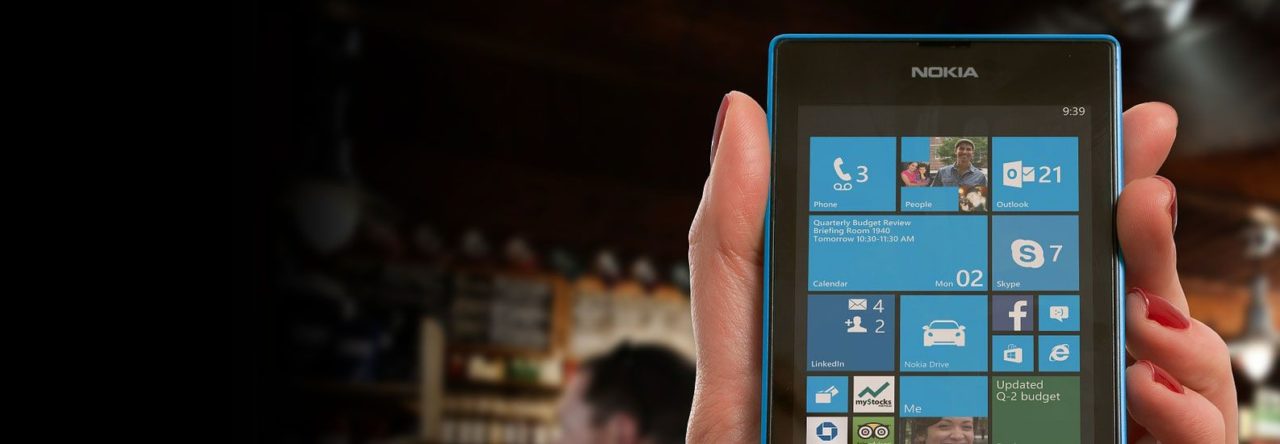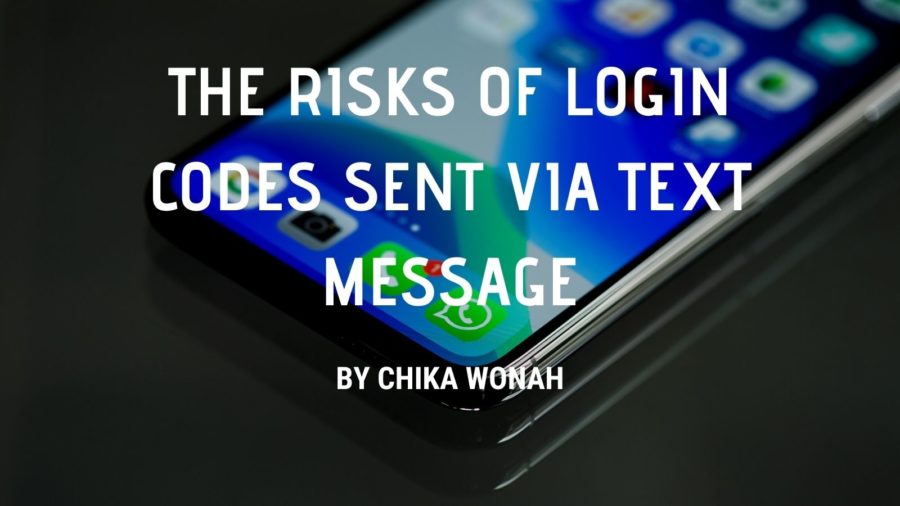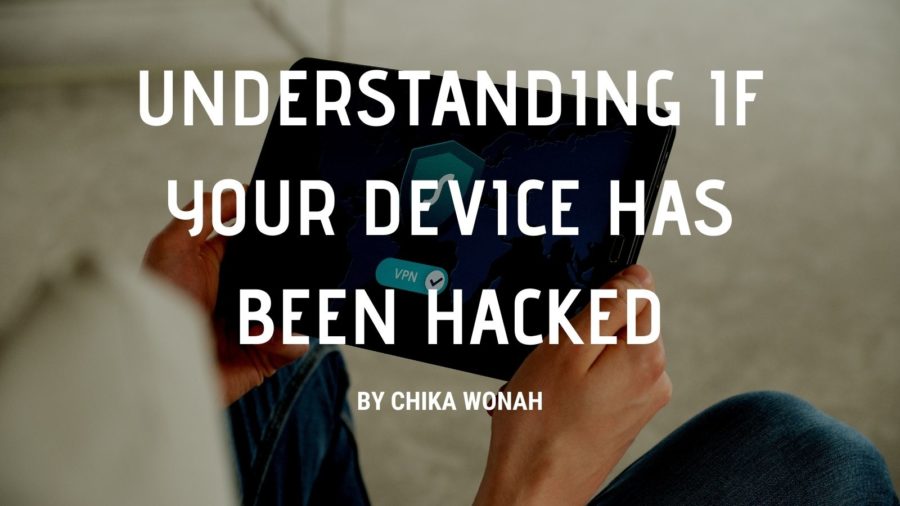Two-factor authentication can seem very useful for securing your essential accounts from intruders. However, more and more hackers have been getting into accounts that use text messages for two-factor authentication. Look into these reasons why you should switch over the type of two-factor authentication you operate away from text messaging.
Routing Messages
When you’re holding your phone close to you, you might be thinking that an intruder will have to get into your phone by getting you to install malware. For the past couple of years, though, intruders have been more clever into how they get into mobile phones. They can do this by going directly to your mobile phone carrier.
The way they do this is by first finding some personal details about you. These can be as complicated as your social security number or as simple as the address you live on. From there, they call up your phone carrier.
Depending on the phone carrier, they can be easily convinced that you’re locked out of your mobile device, and you need your number transferred to a separate phone. Intruders can accomplish this by giving up their details and paying a small fee. If it goes successfully, an intruder will have full access to any phone calls or text messages coming your way, with no way to stop them until you’re able to call your phone carrier again. This all is why you shouldn’t ever use text messaging for your two-factor authentication.
Notifications
Sometimes, an intruder might not even be far away to the point where they can be looking at your phone screen in public. Depending on your mobile device settings, you might have notifications popping up with security codes on any screen of your device. Intruders can come up with a plan to get a security code this way.
For example, you might be live-streaming a game on your phone to the internet. Intruders will use this to their advantage by logging into your account online and checking your stream for when the phone notification appears. After that, they can log in to your account and do enough damage before you even have the chance to change the passwords on your accounts. Notifications are just another reason why you shouldn’t be using text messaging linked to your two-factor authentication.





